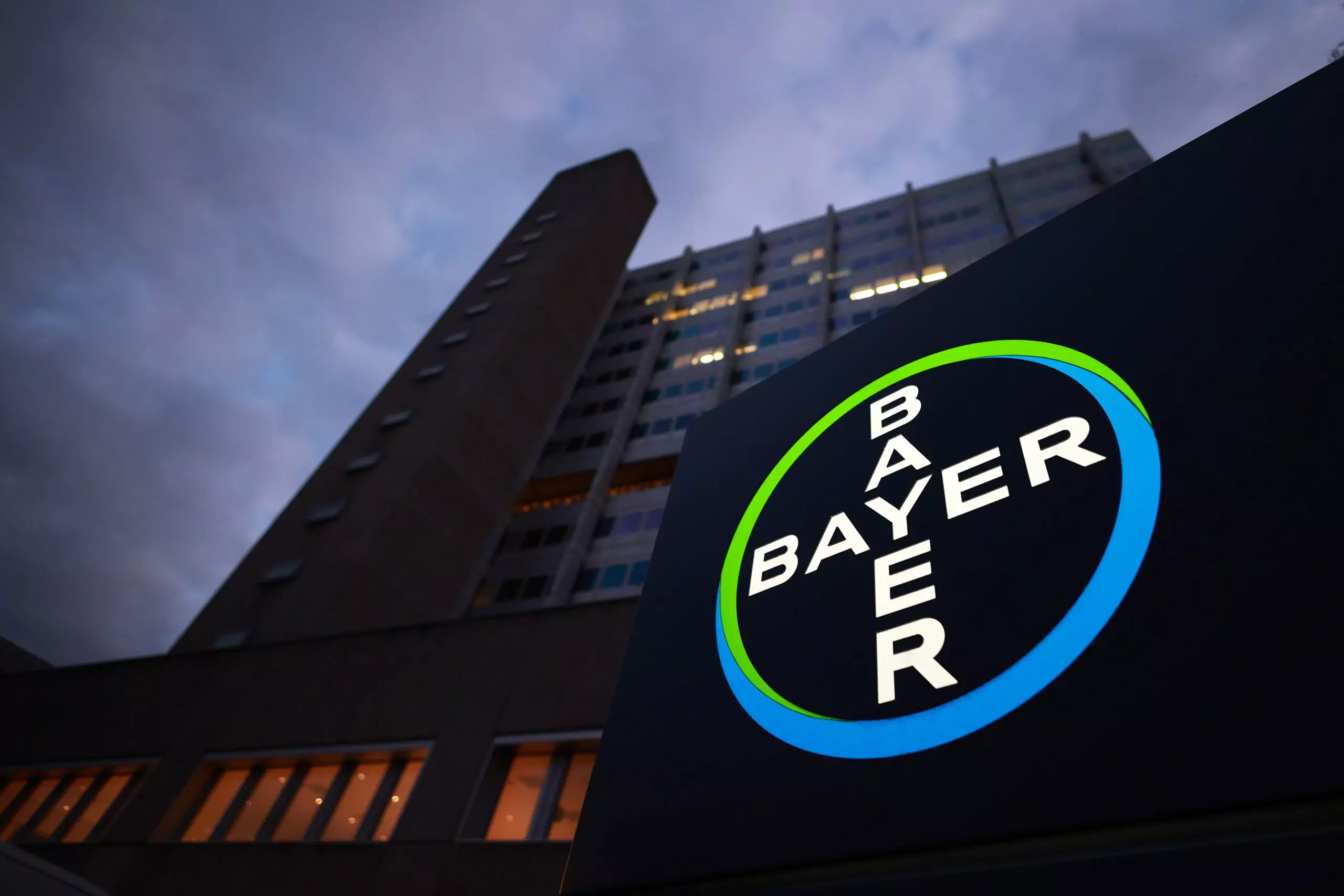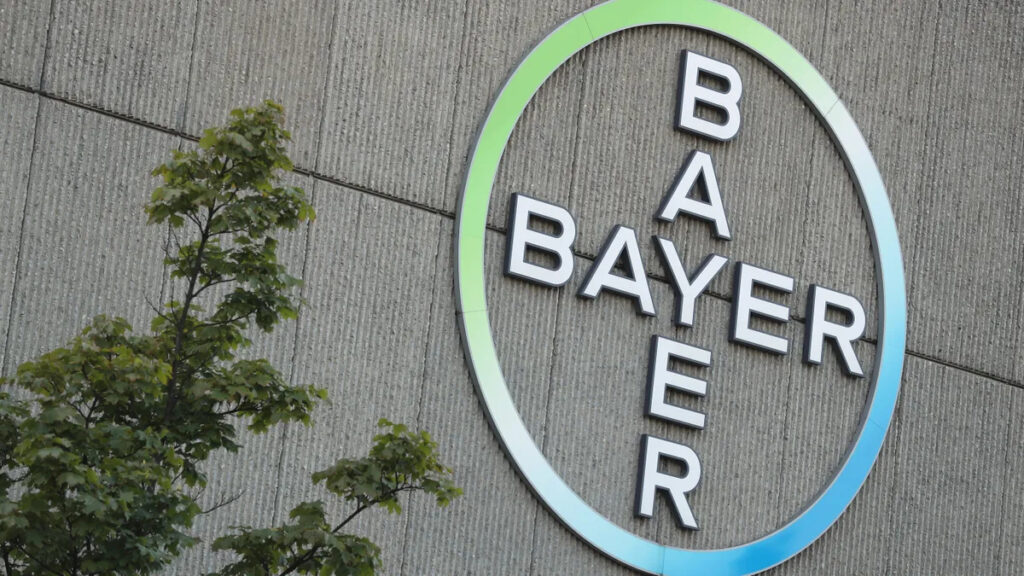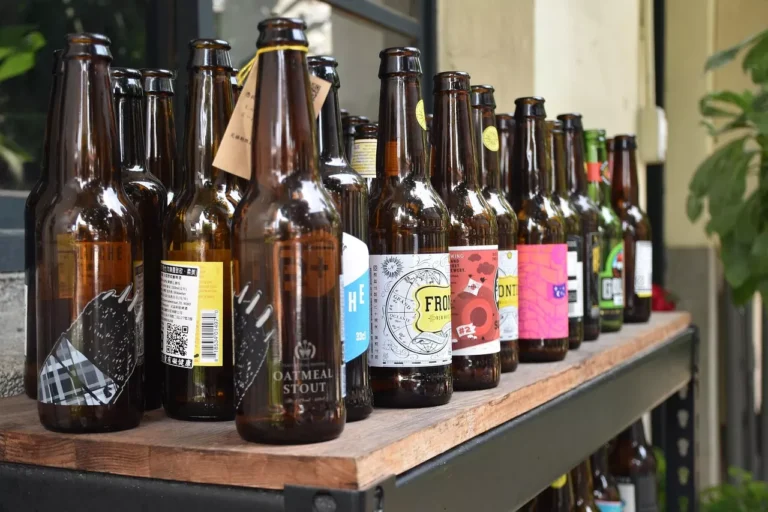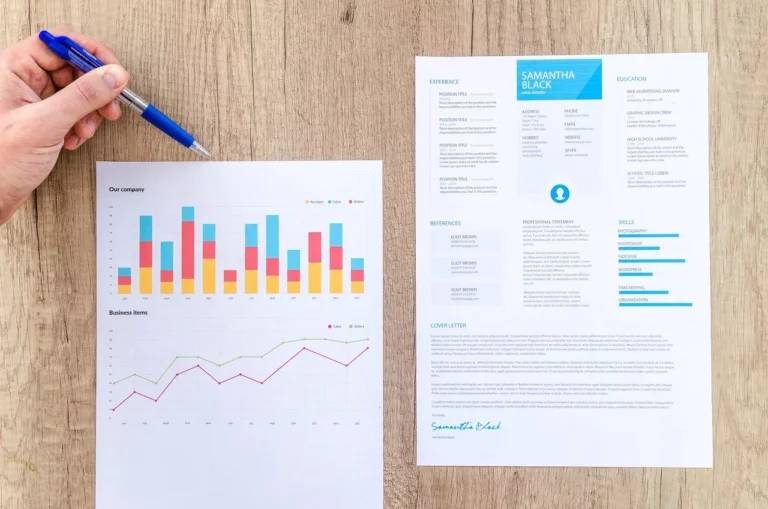
Bayer, a global leader in agricultural innovation, and Neste Partner, a prominent producer of sustainable aviation fuel (SAF) and renewable diesel, have announced a significant step forward in the renewable energy sector. The companies have signed a memorandum of understanding (MOU) aimed at developing and scaling winter canola as a biomass-based feedstock for renewable products, particularly biofuels. This strategic collaboration will focus on building a comprehensive winter canola ecosystem in the Southern Great Plains of the United States, encompassing product development, supply chain improvements, and advancing Neste Partner entrance into the biofuels market.
A New Era for Renewable Fuels
The global energy transition is accelerating, driven by the increasing urgency to combat climate change. As the world faces rising greenhouse gas emissions, renewable fuels have emerged as a critical element in reducing the carbon footprint of the transportation and energy sectors. However, the success of renewable fuels hinges on the availability of sustainable and scalable biomass feedstocks. Winter canola, with its many benefits, is emerging as an attractive solution for biofuel production. This collaboration between Bayer and Neste Partner aims to bring winter canola to the forefront of the renewable fuel industry.
Frank Terhorst, the Head of Strategy & Sustainability for Bayer’s Crop Science Division, emphasized the importance of renewable fuels in achieving the global decarbonization targets. “Renewable fuels are playing an important role in the decarbonization of transportation and energy while global targets continue to shape biofuel markets and accelerate demand for biomass-based feedstocks going forward,” said Terhorst. He highlighted Bayer’s commitment to enhancing the availability of low-carbon feedstocks for biofuel production, including investments in new crops like winter canola and innovations in sustainable agricultural systems.
Bayer and Neste Partner toTransform Develop Feedstocks for Renewable Fuels Innovation

Bayer’s Role in Advancing Winter Canola
Winter canola is a promising candidate for renewable fuel production due to its environmental and agronomic benefits. is focusing on launching its next-generation hybrid TruFlex winter canola by 2027. This variety will offer several key advantages for farmers, including Roundup Ready and pod shatter resistance technology, which will improve crop stability, yield, and performance. These traits also make winter canola an excellent option for crop rotation, as it can help improve soil health and productivity.
Winter canola is a hardy, cold-tolerant crop that can thrive in regions where traditional crops might struggle, such as the Southern Great Plains. By introducing this crop into agricultural rotations, Neste Partner aims to support farmers in growing a new source of renewable feedstock while simultaneously boosting soil health. Bayer and Neste Partner The crop has the potential to sequester carbon in the soil, increase organic matter content, and enhance water retention capacity. All of these factors contribute to healthier soils, better fertility, and increased productivity in subsequent growing seasons.
The hybrid TruFlex winter canola is designed to improve soil health by reducing erosion, enhancing organic matter, and boosting water-holding capacity, ultimately leading to more sustainable farming practices. Neste Partnerbelieves that the introduction of winter canola will foster enhanced soil fertility and productivity, creating a positive feedback loop that benefits both farmers and the environment.
Partnering with Neste for a Sustainable Future
Neste is a recognized leader in renewable diesel and sustainable aviation fuel, and its expertise in feedstock sourcing aligns perfectly with’s agricultural innovations. Together, the two companies aim to develop a robust supply chain for winter canola as a viable biomass feedstock for renewable fuels. Jennifer Ozimkiewicz, Head of Crop Strategy Soy & Biofuels at Bayer’s Crop Science Division, emphasized the strategic nature of this partnership: “We are excited to partner with Neste to enable profitable new crop options for farmers, while delivering on the unmet demand for renewable fuel.” She added that Bayer’s next-generation TruFlex products would not only provide farmers with a profitable crop option but also offer potential sustainability benefits, such as increased biodiversity, soil health, and reduced pest, disease, and weed pressure.
By working together, Bayer and Neste and Neste Partner aim to fill a critical gap in the biofuel feedstock market. Neste, a global leader in renewable fuels, has long been focused on reducing the carbon intensity of its products, and winter canola is expected to play a significant role in this mission. Neste Partner Artturi Mikkola, Senior Vice President of Feedstock Sourcing & Trading at Neste Partner emphasized that the collaboration will help the company scale up regenerative agricultural practices. “This collaboration with Bayer and Neste Partner strengthens our strategy to develop together with value chain partners regenerative agriculture concepts that can be scaled up and play an important role in diversifying and growing the raw materials pool for all of our renewable products,” Mikkola explained.
Winter canola presents a promising opportunity for both the environment and the agricultural industry. As Mikkola noted, the crop could bring several environmental benefits to cropping systems, such as reducing the carbon intensity of feedstocks and helping to replace fossil resources with renewable raw materials. is committed to advancing the use of winter canola in renewable fuel production to meet growing market demands and improve the sustainability of the energy sector.

Renewable Fuels: A Critical Solution for Climate Change
The role of renewable fuels in the fight against climate change cannot be overstated. As the transportation sector struggles with the complexities of electrification, particularly in hard-to-abate areas like aviation, renewable fuels have emerged as a key alternative. These fuels can significantly reduce greenhouse gas emissions over their life cycle compared to traditional fossil fuels. Renewable fuels, including biodiesel, sustainable aviation fuel, and renewable diesel, offer a lower carbon intensity and can play a pivotal role in decarbonizing transportation and energy systems.
Renewable fuels are especially vital in sectors where electrification is not yet feasible. Aviation, for instance, is one of the most challenging industries to decarbonize due to the high energy demands of air travel. Sustainable aviation fuel (SAF) is seen as a critical solution for reducing emissions in the aviation industry, and winter canola’s role as a feedstock for SAF further underscores its importance in advancing the renewable fuels market.
In addition to environmental benefits, the expansion of renewable fuels offers farmers new revenue streams. By growing biomass-based feedstocks such as winter canola, farmers can tap into the burgeoning renewable energy market while supporting global sustainability goals. This partnership between Bayer and Neste Partner is set to create new opportunities for farmers to diversify their income and contribute to the fight against climate change.
A Collaborative Approach to a Sustainable Future
Bayer and Neste’s partnership is a prime example of how collaboration can accelerate the transition to a more sustainable and low-carbon economy. By combining Bayer’s agricultural expertise with Bayer and Neste ’s leadership in renewable fuels, the two companies are helping to develop a scalable, regenerative solution to meet the growing demand for renewable fuels. As the partnership progresses, Bayer and Neste Partner will continue working with farmers and other stakeholders to ensure that winter canola is a viable and profitable crop for biofuel production.
The companies are aiming to finalize a definitive agreement by 2025, with the ultimate goal of launching winter canola as a major biomass feedstock for renewable fuels. This initiative has the potential to reshape the renewable energy landscape, providing significant benefits to farmers, the environment, and the broader biofuel market.
In conclusion, Bayer and Neste and Neste’s strategic partnership marks a pivotal moment in the development of renewable fuels and sustainable agriculture. By combining their expertise in crop science and renewable fuel production, the companies are advancing the use of winter canola as a key feedstock for biofuels, contributing to decarbonizing the transportation sector, and providing farmers with new opportunities for profitability. This collaboration is an important step forward in the transition to a sustainable, low-carbon future.




